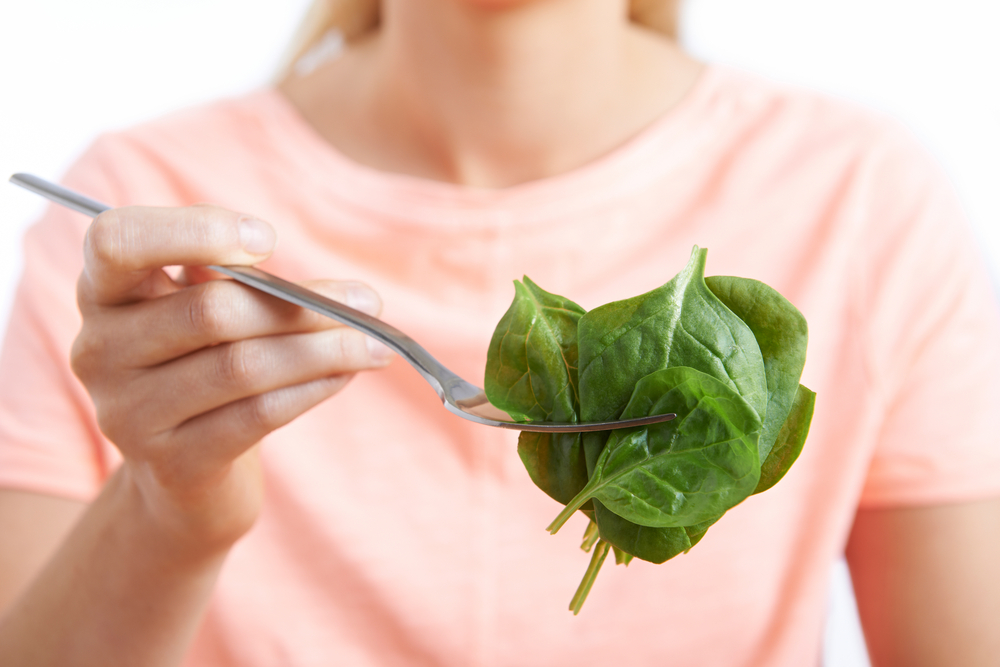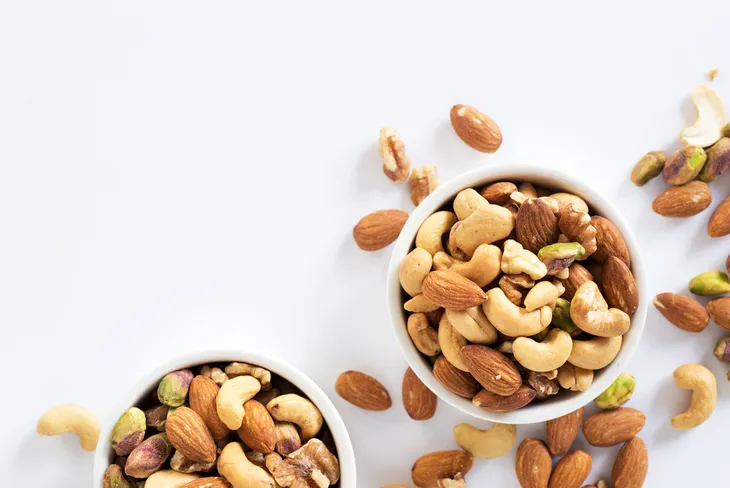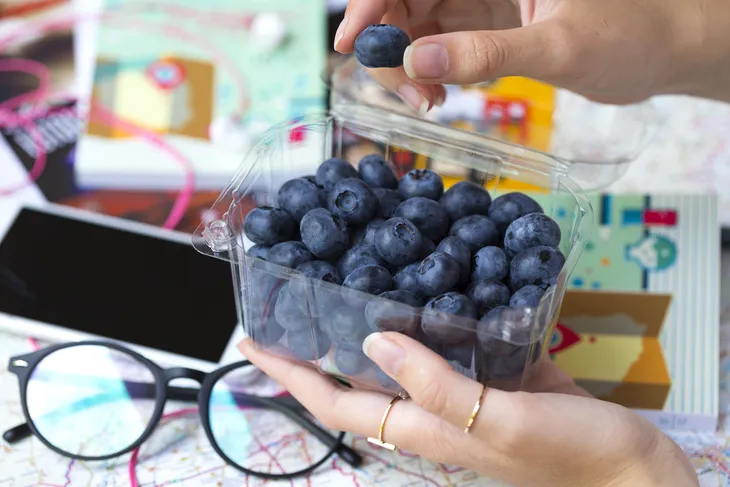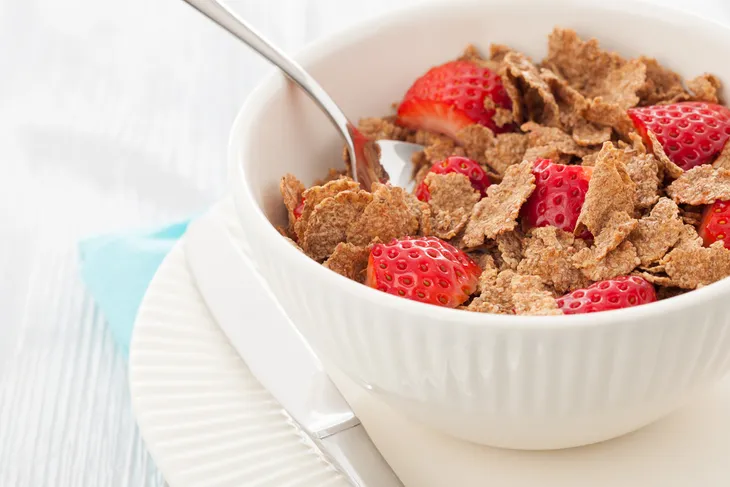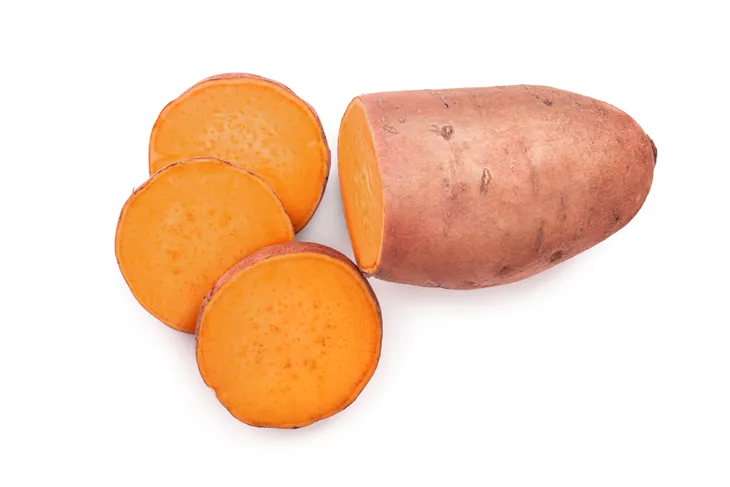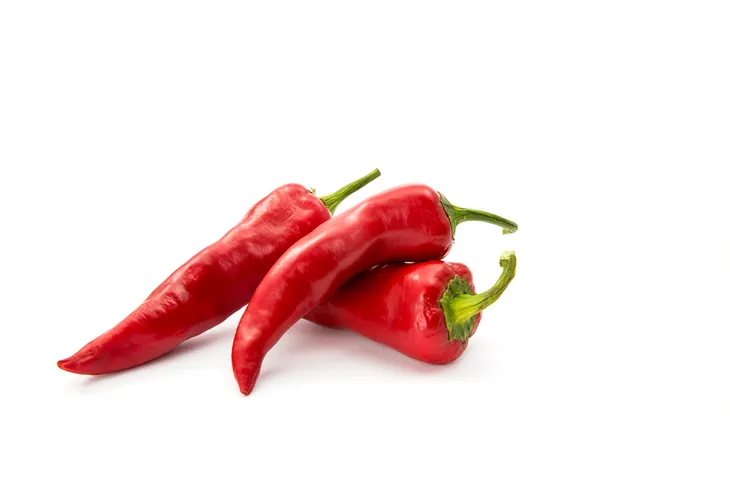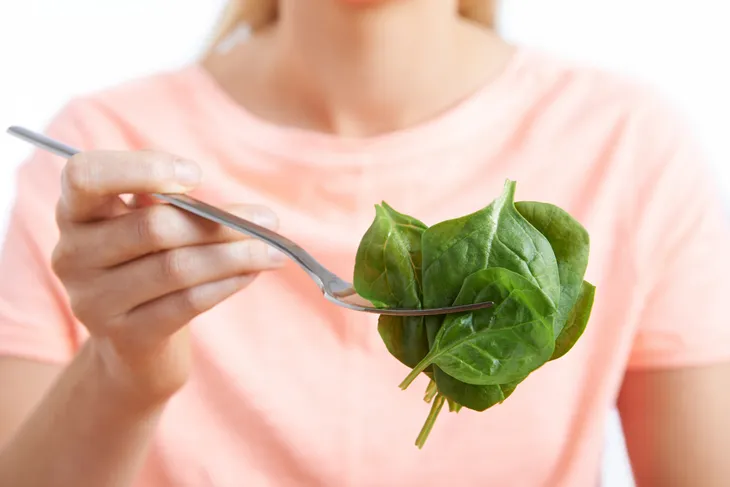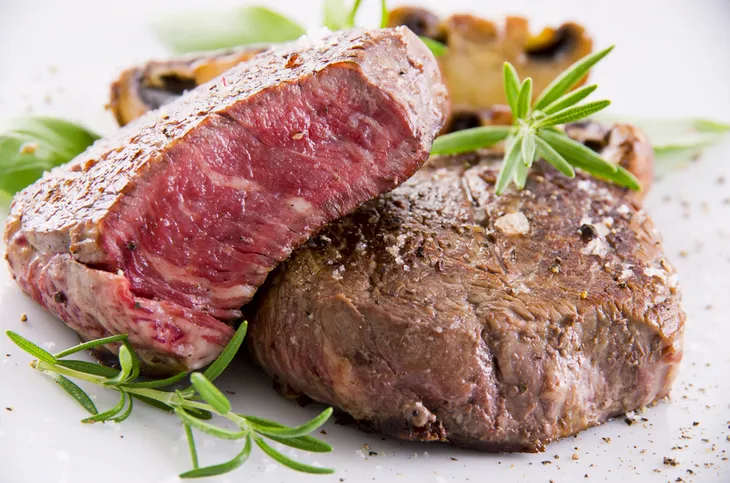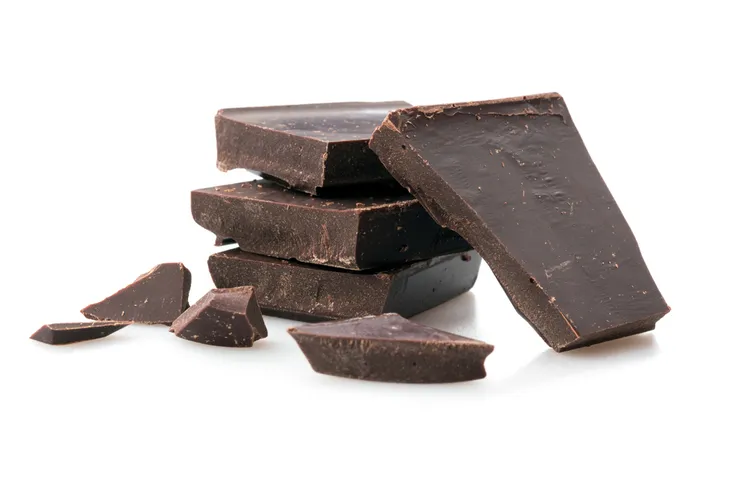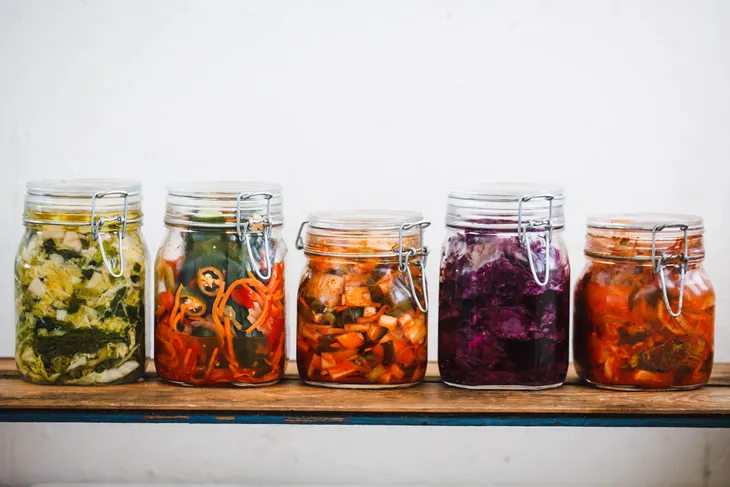Want to live a longer life? There are a variety of factors to this including lifestyle, but it turns out what you eat has a significant impact on your life expectancy (go figure). While these foods don’t possess any special powers that give you everlasting youth, they do have the ability to fight off diseases and improve your heart health.
The other good news is that these aren’t the type of bland “but it’s good for you!” type of foods that you might be imagining. Many of them you’re probably consuming already, and all of them deliver flavor along with dietary benefits. Let’s take a closer look at some of these superfoods that can help you hang around for some extra years.
Want diet & nutrition content delivered straight to your inbox? Sign up for our exclusive diet & nutrition newsletter!
Salmon (And Other Fish)
According to Everything Zoomer, this tasty fish might help you avoid heart failure, which could lead to an early death. That’s because salmon is a fish that’s packed with omega-3 fatty acids, which have been shown to be heart-friendly (along with a number of other benefits.)
The source explains that these fatty acids can help lower inflammation in your body (which can damage blood vessels over time that can raise the risk of both heart disease and stroke, adds the Mayo Clinic). If salmon isn’t your thing, then you can swap it out for mackerel or bluefish, says Zoomer, which adds that fish oil supplements don’t match the real thing.
Nuts
The next time you reach for a snack, thing to yourself: “Do I want something really sweet or salty that I can enjoy right now, or do I want something a little more balanced that I can enjoy until I’m 100?” Okay, we’re not guaranteeing that number by any means, but there are some definite health benefits to eating nuts as a snack, says Prevention.
The site backs up this claim by citing studies that show the risk of dying young decreased with the frequency of eating nuts. It adds the study found those who eat nuts every day are 20-percent less likely to die from heart disease, cancer, and even respiratory illnesses than those who generally avoid nuts. (Just be wary of any allergies before you dig in).
Blueberries (And Other Berries)
If you want to add some overtime to this game we call life, then perhaps blueberries should be on your shopping list (along with raspberries and strawberries, all part of a study that links certain berries with longevity). You can get fresh ones from farmers’ markets, and the ones from the supermarket aren’t too shabby either (try to buy local).
In any case, blueberries are packed with antioxidants that can reduce inflammation and help defend against “free radicals” in the body linked to cancer, explains EveryDay Health. The source also explains that blueberries may also be helpful to guard against other common conditions linked to aging such as dementia and stroke.
Cereals/Oatmeal (And Other Whole Grains)
Whole grain cereal or oatmeal might not cause feelings of excitement (you could always add fruit for some natural sweetness), but Shape touts whole grains such as cereals as a way to extend your life expectancy. The reason, according to the source that cites National Institutes of Health (NIH) research, is the high fiber content.
While a study from the NIH showed people have a “significantly lower risk of dying” when eating a diet rich in fiber, the reason may not be crystal clear yet. “They think the health boost is due to the way fiber helps regulate blood sugar and bowel movements,” Shape notes about the research.
Sweet Potatoes
You might not think of potatoes right away, because aren’t they starchy and usually fried with some kind of gravy on them? Well, not in this case, especially if you want the potential life-extending benefits.
EveryDay Health explains that sweet potatoes in particular can lower your blood pressure with potassium content, while also delivering a healthy dose of fiber and Vitamin A that can improve everything from vision to cell growth. Sweet potatoes are also naturally tasty, so you don’t have to slap any fatty/salty toppings on them, adds the source.
Chili Peppers (And Other Spicy Foods)
Capsaicin is not a food that you’d find on the supermarket shelves, but rather a component of chili peppers that are responsible for their spicy bite. Capsaicin is an antioxidant, and also helps people avoid obesity, according to Shape. If you can handle a bit of heat, then diving into a spicy meal might just have you sticking around longer, according to the source.
The source cites research out of China that suggests people who consumed spicy foods at least one time per week (for 4-years) cut their “risk of dying” by 10-percent. What’s more is that eating spicy food more frequently – 3 to 7-days per week – had a 15-percent drop in mortality, it adds.
Spinach (And Other Leafy Greens)
While this might be another food that doesn’t get your taste buds excited, it’s definitely a food that can help you live longer. That’s because spinach is loaded with many vitamins and minerals, and as much calcium as a glass of milk, mentions the source.
Along with calcium, spinach is also a source of vitamins A and E, which are related to cell health, and is full of magnesium that has been linked to healthy cardiovascular systems, adds the source. Spinach isn’t a standalone in this category – other dark, leafy greens can also deliver health benefits, notes Shape, which also notes a daily dose of these greens can significantly lower risk of diabetes.
Meat (And Other Protein Sources)
Shape says that adding protein sources to your diet can also help you add years to your life – but it warns that too much of a good thing can have the opposite effect. (Shape says only up to 20-percent of your total calorie intake should be from proteins). Too much red meat has also been linked to adverse health effects (although apparently there has been some debate about that in the medical community).
While enjoying a steak here and there should probably be fine (check with your doctor if you’re concerned), there are other ways to get protein that could help you attend your granddaughter’s wedding (okay, again no promises). The source has a list of high-protein breakfast options that don’t include eggs.
Dark Chocolate
While not as sweet as its milkier counterpart, dark chocolate delivers some deliciousness while also being linked to a number of health benefits. It turns out you can enjoy chocolate and also live a long life – or even longer than it would have been otherwise.
EveryDay Health says that dark chocolate contains particular antioxidants called flavonoids, which are good for the heart and the blood vessels. But it does hang a warning on dark chocolate: just because it is a more “pure” form of chocolate, doesn’t mean it’s free from fat or calories. Also, the darker the chocolate, the more antioxidants are present, it adds.
Sauerkraut (And Other Fermented Foods)
Fermented foods that can hang around for longer may help you hang around longer too, says Prevention. That’s because foods like sauerkraut, kefir, and kimchi (yogurt is also considered a fermented food) as well as fermented drinks like kombucha can help you maintain a healthy balance of bacteria in your gut, notes the source.
The source also notes that a healthy gut can be at risk with age, “when our microbiome tends to lose diversity and variety of bacteria.” Having a more diverse community of tiny organisms in the gut can help ward off infection and even autoimmune diseases, it adds. Aim for at least one serving of a fermented food daily, notes the source.
Coffee
Chances are you’re already a coffee drinker – after all, it’s one of the most popular beverages in the U.S. While you might want to limit your intake of Joe if you have a low tolerance to caffeine (including anxiety or sleep problems), when it comes to longevity those who drank 4 or 5-cups per day had the most benefits related to longevity, according to Healthline.
The source cites a study of more 400,000-people aged 50 to 71 that showed those who drank 4- to 5-cups daily had the “lowest risk of death” over the multi-year study period. However, there has been at least one study that suggests drinking 4-cups a day actually increases risk of death for people under 55. So perhaps you should save your coffee binging for retirement.
